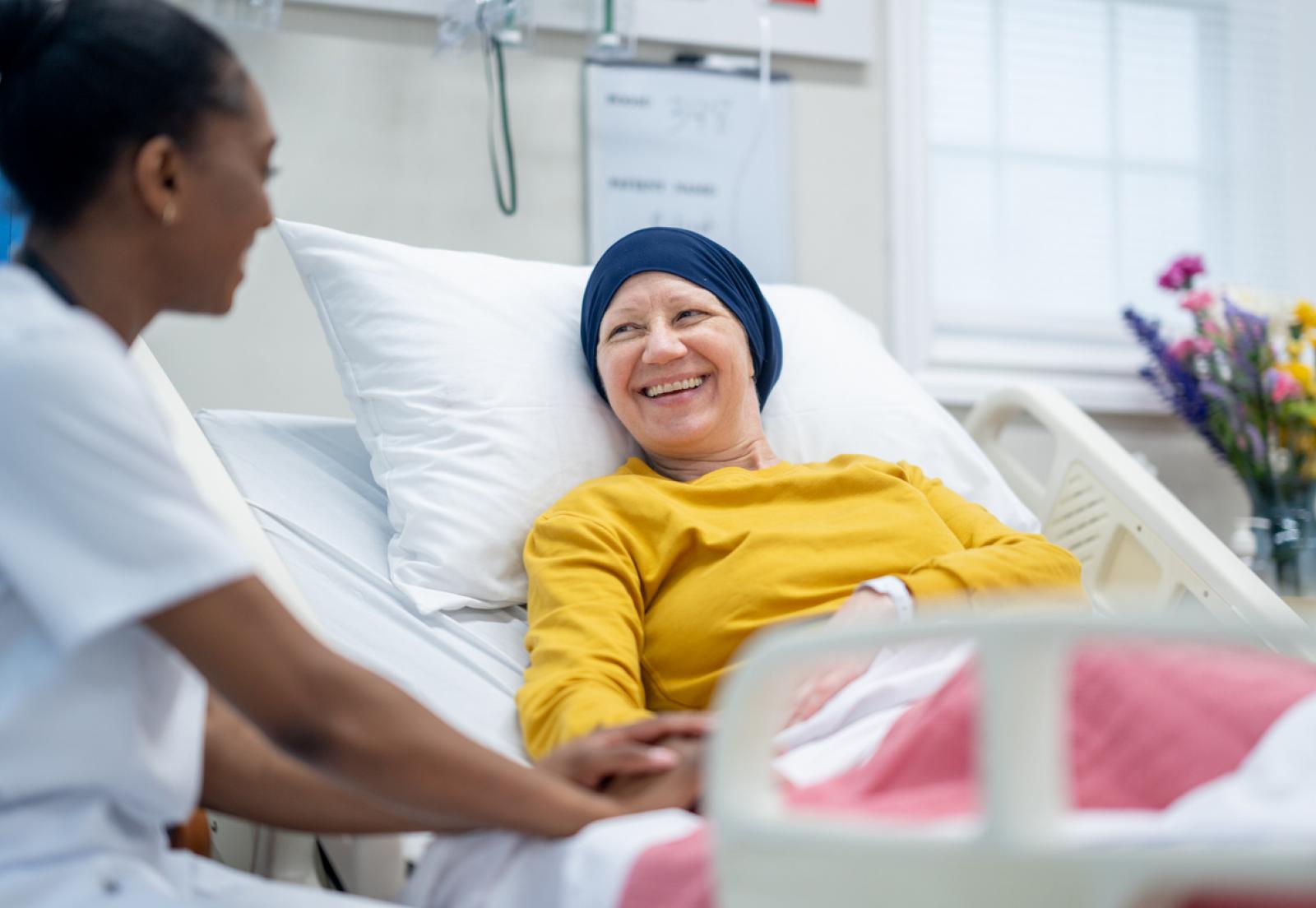In a bid to combat the changing landscape of cancer treatment, The Christie has launched a first-of-its-kind oncology service to help its patients with the side effects of their care.
The service aims to provide extra support to approximately 2,000 of the 60,000 patients The Christie has with complex problems needing specialist interventions every year.
The move signals the first time in the world that a service has combined things such as:
- Psychological support
- Pain and symptom management
- Medication optimisation
- Occupational therapy
- End-of-life care
- Dietary advice
- Endocrinology
- Cardio-oncology
Changing demand
The service has come to pass because of the population’s increasing resilience against cancer as treatments continue to improve.
It is estimated that half of those diagnosed with cancer in England and Wales now live with the disease for 10 years or more – post diagnosis, people survive nearly six times longer than they did 40 years ago.
Those with ‘incurable’ or advanced cancer are also living longer, meaning patient needs are changing.
The Christie emphasises that patients who have treatable but incurable cancer could have complex psychosocial needs as well as practical, financial and employment challenges.
First cancer centre in the world
“The Christie is the first cancer centre in the world to launch an innovative, supportive oncology service,” said Dr Richard Berman, international expert and supportive oncology and palliative medicine consultant at the NHS trust.
He added: “Our aim is to help patients live well for as long as possible with access to appropriate care, including end-of-life care if required.
“The number of patients we need to support is set to grow. Macmillan estimates that 3m people are currently living with cancer, and by 2040, there will be 5.3m living with cancer.
“In addition to helping to improve patients’ lives, timely access to supportive oncology can also save the NHS money.”
Image credit: iStock

